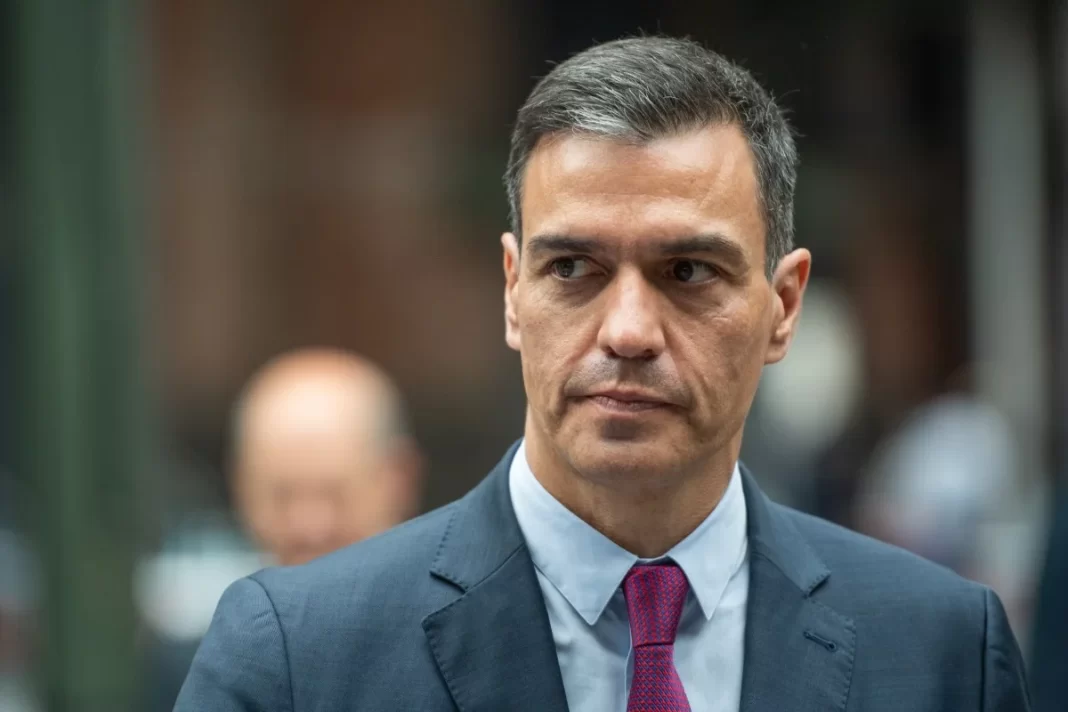Spain’s Prime Minister Pedro Sanchez has begun a four-day visit to China, just as the European Union is preparing for an important vote on Chinese electric vehicles (EVs). The EU is considering imposing tariffs on Chinese-made EVs to combat what it calls unfair subsidies by China. This visit is seen as an attempt to ease tensions between the two trading powers.
EU Weighs Tariffs on Chinese Electric Cars
In the coming weeks, European Union members will vote on a plan proposed by the European Commission. This plan suggests placing tariffs of up to 36.3% on Chinese-made electric vehicles for the next five years. The Commission believes China is giving unfair subsidies to its EV manufacturers, giving them an edge over European companies.
If the plan is approved, it must become law by October 30. Once that happens, the tariffs will take effect the next day. Spain has already supported the measure, along with France and Italy. However, Germany, Sweden, and Finland abstained from voting, showing a split in EU opinions.
China Responds to Trade Measures
China has already reacted to these potential tariffs by launching its own investigation into European imports. Especially investigating into food and drink products. One of the most affected sectors could be pork imports. With almost 20% of all imported pork coming from Spain, China’s is Spain’s main pork customer. Any restrictions from China could have significant economic effects on Spain’s agricultural sector. Prime Minister Sanchez is expected to discuss these concerns during his meetings with Chinese President Xi Jinping and other top officials.
Easing Trade Tensions
China’s foreign ministry expressed a positive outlook for Sanchez’s visit, hoping it will strengthen the relationship between the two nations. China is eager to use Prime Minister Sanchez’s visit as a chance to strengthen bilateral ties. In order to increase mutual trust through high-level discussions, and handle global issues through excellent cooperation, according to Mao Ning, a spokesman for China’s foreign ministry.
Many in China see this visit as a step towards easing the current trade tensions. However, experts warn that the disagreements between the EU and China are deep-rooted and may take years to resolve.
Complicated Issues Between EU and China
Jian Junbo, an expert on China-Europe relations from Fudan University, believes the trade competition between the EU and China will only grow more intense. Both sides are increasingly adopting protectionist measures to safeguard their industries. Sanchez’s visit may help ease tensions, but it will not resolve the fundamental issues between the EU and China overnight.
The EU is worried about losing its manufacturing strength, especially in sectors like electric vehicles. Some experts believe the real aim behind the tariffs is to push Chinese EV companies to invest more in Europe. For the EU, protecting its own industries is a top priority.
Other European Leaders Visit China
Spain’s Prime Minister Sanchez is not the only European leader visiting China recently. Italian Prime Minister Giorgia Meloni and a delegation from Ireland, which is a major dairy exporter to China, also visited in recent weeks. These visits show that EU countries are keen to avoid a full-blown trade war with China, which could harm both sides.
Ding Chun, director of the Centre for European Studies at Fudan University, said, “The frequent visits by EU member states clearly show they do not want a large-scale trade war, which, along with potential Chinese retaliation, would harm the interests of all.”
Looking for a Compromise
While tensions between the EU and China remain, there may still be room for compromise. The European Commission recently stated that it would not impose retroactive tariffs on Chinese electric vehicles, giving hope for a potential agreement. Likewise, China has decided not to impose anti-dumping duties on European brandy imports, even though an investigation found the product was being sold at prices below its value.
Experts agree that both sides still have time to negotiate and avoid a trade war. Sanchez’s visit is seen as an important diplomatic effort, but resolving these trade disputes between Spain and China. It will also require long-term cooperation between the EU and China.

